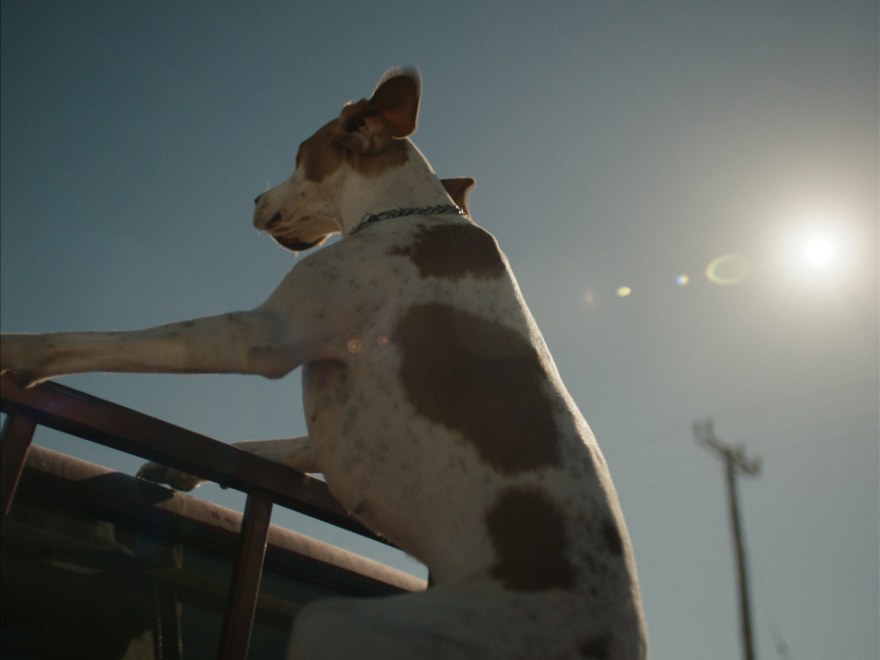Breakfast with All the Fires the Fire
Interview with Efthimis Kosemund Sanidis, director of All the Fires the Fire
All The Fires the Fire deals with manhood and fraternity. What did you want to explore in the relationship between the characters?
The story is very loosely based on Abel and Cain, the older brother killing the younger one after his father’s actions fill him with jealousy. It is essentially a father and son betrayed love story. I’m very interested in this lineage of masculinity that I try to trace here, hinted in the written episode at the very beginning of the film. Of course, I or anyone else can never know but I have an instinctual feeling of a primordial sin having been committed somewhere in the very beginning of the chain. Or at least this might be the impression given to us by our patriarchal civilization which has definitely not turned out very well considering the state of things. So, yes, there is a brotherhood portrait being drawn in the film, one that can be very sweet and innocent while at the same time be destructive and irreversibly violent.
It’s not obvious for the viewer whether the film is a fiction or documentary. Was it important for you to work within this ambiguity?
I don’t differentiate between documentary and fiction. I think of everything as narration, this is how we metabolize the real, either by language or through our bodies and souls and probably a mix of all these but, in essence, we reinterpret, one way or the other. Having said that, a film has to be true to move the audience. Maybe even truthfulness is enough, I’m not sure. I like to mix it up regarding actors and non-actors, as well as have the preparation and shooting period inform and transform the written script. The act of making a film should be as concealed as possible to the audience, it’s like playing a game, you have to stick to the rules.
Your debut short II was rather successful in the short festival circuit. Can you tell us a bit more about you as a filmmaker, and your ambitions for the future?
It was always a little funny how the festival circuit works. A few of my films have had success but my most personal and dear one did the worst in this aspect. Now that I’m working on and writing a longer project, my ambitions are linked to this experience, keeping my integrity while being somewhat relevant to the slopes and turns of the industry. But I’m sure it was always difficult and this was more or less the case, cinema is an art form that needs time, energy and money to be poured into it, it can be soul devouring. But here I am for the moment, standing tall.
Would you say that the short film format has given you any particular freedom?
Again, I don’t think of cinema in terms of shorts and features. It is all narration that takes time to unfold. I haven’t had the experience of shooting a longer film yet, although I’m writing one now, but I’m pretty sure I wouldn’t feel different in experimenting with the medium and trying things out. Maybe more freedom comes from the fact that the production usually is nearer the initial conception, in shorts that is. The industry factor once again.
What do you consider your cinematographic references?
Not sure how conscious our references can be. But what I’ve been deeply touched by are films from Kiarostami, Dreyer, Bresson, Altman, Boorman, Cassavetes, Les Blank, Cimino, Reygadas, Serra, Petzold, Dresen, Puiu, Ceylan, Rivers, Alonso, Apichatpong, PTA, Dumont, Papatakis, Stefani, Koutsaftis. There is a pretty large body of work that I connect to, I’m sure I’m forgetting a ton right now. And I’m always discovering things.
All the Fires the Fire is part of International Competition I5.








